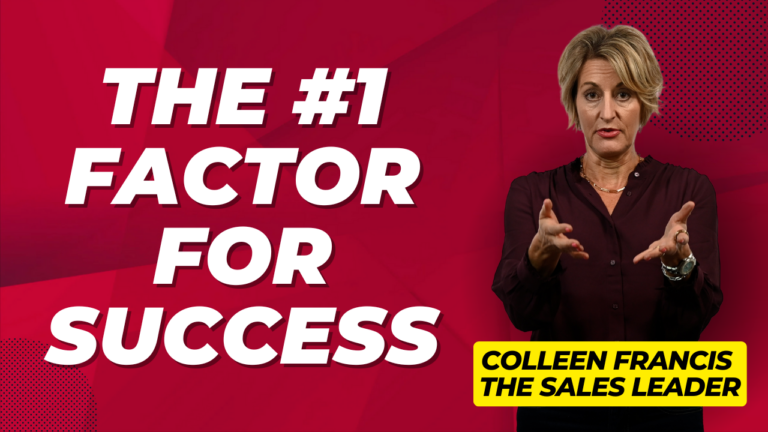Are you embracing these skills development activities?
Enhancing your team’s skills is crucial to consistently reaching your growth targets. But you don’t always have to look outside of your organization to achieve this. What I regularly see is a surprisingly large number of leaders consistently underestimating how much their top performers—amazing people found right under their collective noses—can help them build that vital internal knowledge base in a scalable, repeatable way.
I’ve worked with and have coached the best sales leaders for nearly twenty years across a wide range of industries. What I’ve learned is performance is a transferable skill. It’s not just a fixed set of qualities or habits that you somehow only get if you strike gold and find yourself with a top-ranked seller on your team. Remember: they reached the top of their profession by learning from others. It’s your job as a manager to ensure that the transferring of skills keep happening.
You must build with the best…and grow with the rest. That means you must give your top sellers the tools and support they need, so they can share what they know with the rest of your team. It also means recognizing that it’s up to you to make this happen.
With that in mind, here are three skills development activities you must embrace in your organization today.
3 Skills Development Activities
1. Learn How to Skillfully Conduct a Case Study Interview
It’s not enough to just organize an event where your top sellers present their wins or are asked a series of vague questions about themselves and how they work. You need to get involved personally to get the best out of your best. Take time to learn how to ask probing questions to truly lead an interview. That’s how you will reveal the specific actions your interview subject took in a unique sales challenge and converted it into a win. Your goal is to bring to life every case study so it’s fully relatable to everyone in the audience. You achieve that by asking how, who, and what questions: each with a follow-up question.
For example:
- How did you secure the initial meeting?
- How long did that take you?
- Who did you meet with?
And then…
- Why did you choose them?
- How did you determine who the decision maker was?
- What questions did you ask them?
And then…
- How did they react?
- How did you determine what the value was to the customer in solving that problem?
And then…
- What did you do next?
- What did you ask at the end of the presentation?
- What surprised you most in their answer?
Get to the point. Your interview needs to hit quickly at the heart of a sales problem and show how a top-ranked seller handled it confidently and effectively. When you do this, your audience can learn and apply the lessons to their own business.
2. Facilitate a Panel Discussion with Diverse Experiences
When you choose to get involved personally in a panel discussion featuring top sellers, you’re setting a powerful example to the rest of your team. In essence, you’re saying: “I’m learning from this group of pros and you can too.”
I saw this approach in action years ago in a panel on value-based selling. Three top performers were chosen and each one brought a unique perspective on how to tackle the issue at hand effectively. Each panelist was from a different part of the country from the others and dealt with their own set of unique challenges. That way, the facilitator was able to ask probing questions of the panelists, showing the audience how they could draw on a range of approaches to get the results they needed.
3. Create a Guide That Turns Habits Into a Process
All top performers have a set of defining business habits that shape their work and determine the success they attain. Make note of every one of those habits. Collect them and put them into a sales guide. When you do this, you create a system based on internal best practices, giving your team a repeatable set of steps they can implement to get similar results to those of your best sellers. With your completed guide in hand, share it at your regular sales meetings—held weekly or bi-weekly.
The best guide of this kind must include the following:
- A brief description of the sales skills you want developed;
- Examples of where this skill has worked for top performers;
- Highlights of specific customer objection points and strategies for how to get past them;
- An action plan for sellers to implement these newly acquired sales skills in daily work and;
- Arrangements for one-on-one follow-up coaching with each seller to ensure they implement these skills.
Successful sales managers understand how to leverage performance of their very best people and turn it into a transferable skill that others can use. They know that top performance is learnable to those willing to develop themselves. In doing so, those leaders grow as well—and that’s to the benefit of everyone in a thriving organization that sells more in less time.





